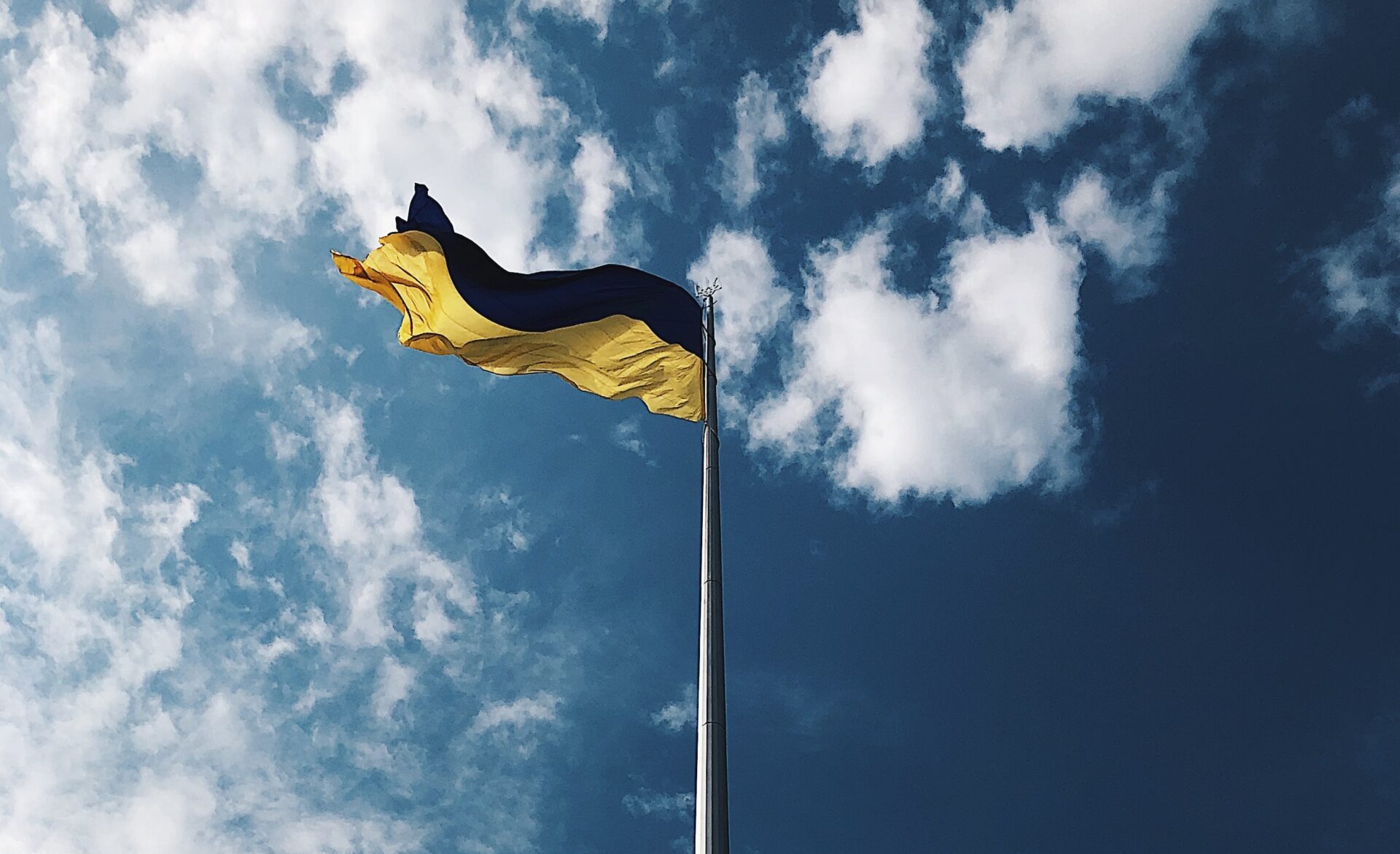Ukraine’s Path to Medical Cannabis Industry
KYIV – Ukraine’s Parliament has recently taken a groundbreaking step by approving a draft law to establish a medical cannabis industry, marking a significant shift in the nation’s healthcare and economic landscape. However, industry experts predict that it may take years for domestic cannabis cultivation to become operational.
The draft law, which is awaiting President Volodymyr Zelenskyy’s approval, is expected to lay the groundwork for legal medical cannabis in Ukraine. Despite this legislative progress, the law’s general framework leaves many specifics undetermined, indicating a substantial amount of work ahead before medical cannabis can be legally sold.
According to Ruslan Stefanchuk, Speaker of Ukraine’s Parliament, the law aims to provide essential treatment for severe illnesses, including cancer and post-traumatic stress disorders exacerbated by war. The Ministry of Health is tasked with defining the list of conditions eligible for cannabis-based treatments and the methods of using these medicines.
The law’s implementation timeline is ambitious. It is set to take effect six months after receiving the President’s approval, with a three-month deadline for authorities to develop regulatory drafts. Hanna Hlushchenko, an independent European medical cannabis adviser, emphasizes the need for defining licensing requirements as the initial step. Collaborating with the Ukrainian Association of Medical Cannabis, Hlushchenko aids the government in crafting these regulations.
European medical cannabis products typically categorize into flower and oil extracts. Ukraine’s market is expected to follow this format, aligning with European pharmaceutical standards. Compliance with Good Manufacturing Practice (GMP) rules is crucial for production and sale, a requirement that could extend the timeline for prospective Ukrainian cultivators.
Hlushchenko anticipates that licensed cultivation in Ukraine might start by late 2026 or early 2027, assuming optimal progress. The number of cultivation licenses and the primary regulatory bodies overseeing the business aspects, namely the Ministry of Health and the State Service of Ukraine on Medicines and Drugs Control, remain undetermined.
In the interim, imports could play a significant role in the early stages of Ukraine’s medical cannabis industry. As the law classifies cannabis as an active pharmaceutical ingredient (API), existing local rules for importing APIs are likely to apply. Medical cannabis products will be distributed through pharmacies, but the specific pharmacies eligible to sell cannabis are yet to be identified. Approximately 200 pharmacies currently hold the license to produce medicine on-site.
While optimism surrounds the possibility of imports starting as early as 2025, much groundwork remains, including the awaited approval of the law by President Zelenskyy. The unfolding of Ukraine’s medical cannabis industry stands as a testament to the country’s evolving healthcare policies and its potential emergence as a significant player in the global cannabis market.


































